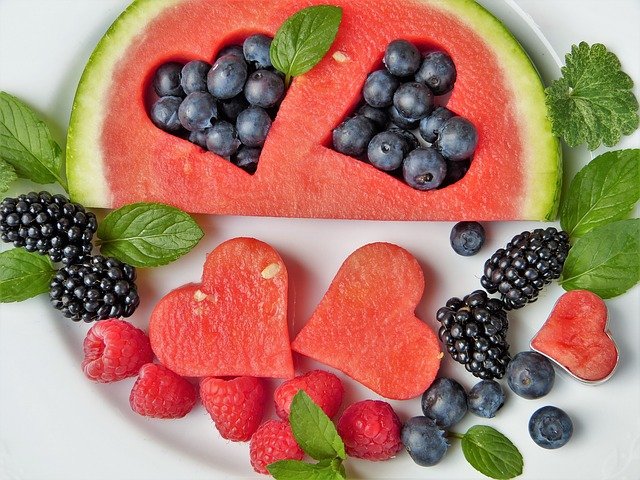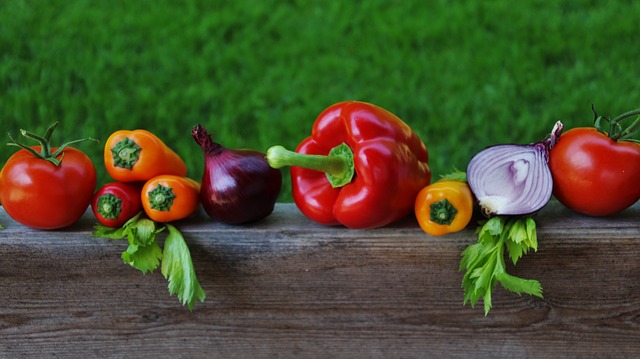
The concept of organic has always been a topic that everyone has heard of. But why is it getting so much attention, and what does it actually mean? Let\’s look together at what is so great about this topic.
All organic foods must meet certain standards that guarantee the quality of the food\’s processing and origin. Therefore, they must be certified. For a product to be labeled organic, it must go through a system of different natural processes related to production, cultivation, processing, and dressing, for example. The whole process relates to the cultivation of plants, the raising of livestock, the production of alcohol, tobacco, grains, etc. Thus, it is clear that the label does not necessarily imply that the product is healthy.
The result is better quality, more environmentally friendly food, and animal welfare. Furthermore, they contain less nitrates, pesticides, and herbicides than conventional foods. They are better quality, tastier, healthier, and contain more minerals and vitamins. They also tend to taste better and contain no preservatives, artificial colors, or stabilizers. 
Animals raised on organic farms are free-range, receive more care, do not live under stress, are not given hormones or antibiotics, and consequently grow healthier. Livestock are fed only certified organic feed and the entire feeding is constantly monitored.
The same applies to the cultivation of plants. The land on which the plants are grown must be inspected for the use of chemicals. There must be no GMOs nearby. Organic farmers, for example, allow birds to come onto their land to control pests, thus protecting their fields and contributing to the ecological function of the landscape.
Overall, organic living gives us the opportunity to be a little more environmentally friendly, living a little healthier, not having to worry about how many chemicals we ate when we had muesli and milk for breakfast.